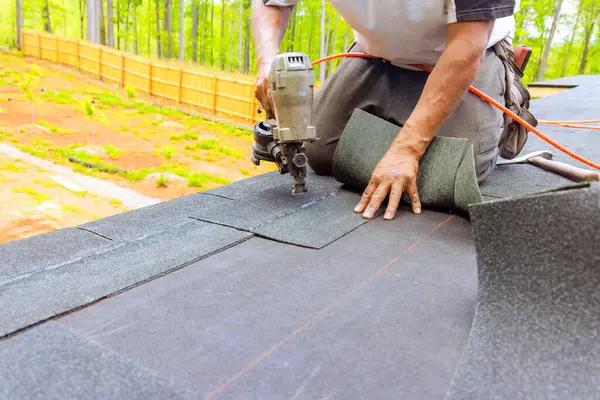Air conditioning systems play a crucial role in maintaining comfort and indoor air quality, especially during extreme weather conditions. However, like any other mechanical system, HVAC units are prone to wear and tear over time. Recognizing the signs of potential problems early can help prevent costly repairs or complete system failure. Here are some indications that your air conditioning HVAC may need a professional inspection.
One of the most common warning signs is poor airflow. If you notice weak or inconsistent airflow coming from your vents, it could indicate a blockage in the ductwork, a failing compressor, or issues with the blower motor. Reduced airflow not only compromises comfort but also forces the system to work harder than necessary, which can lead to higher energy bills.
Another red flag is unusual noises emanating from your unit. While most HVAC systems make some level of operational noise, loud banging, screeching, or grinding sounds are abnormal and often signify internal damage or loose components. Ignoring these sounds can exacerbate the issue and result in more extensive damage.
Inconsistent cooling throughout your home is another indicator that something might be wrong with your air conditioner. If certain rooms feel significantly warmer than others despite setting an even click now temperature on your thermostat, there may be issues such as refrigerant leaks or malfunctioning thermostats that require immediate attention.
A sudden spike in energy bills without any changes to usage patterns is another sign that warrants inspection by an HVAC professional. An inefficient system struggles to maintain desired temperatures and consumes more electricity than usual while doing so.
Foul odors coming from vents when the air conditioning system is running could point toward mold growth within ducts or burnt-out wiring inside the unit itself—both scenarios requiring prompt intervention for safety reasons.
Lastly, frequent cycling on and off (short cycling) indicates inefficiency within the unit’s operation. This behavior not only reduces overall performance but also accelerates wear on critical components of your HVAC system.
Regular maintenance plays an essential role in prolonging the life span of an air conditioning unit while ensuring optimal performance year-round. If you observe any of these warning signs—poor airflow, odd noises, uneven cooling distribution, rising energy costs, unpleasant smells—or suspect short cycling issues with your AC system—it’s advisable to contact a certified technician promptly for a thorough evaluation before minor problems escalate into major repairs!




